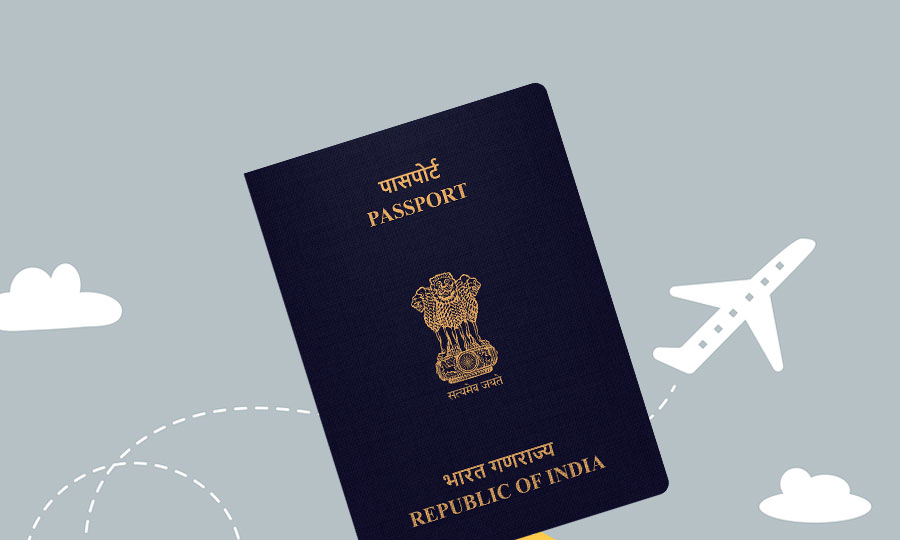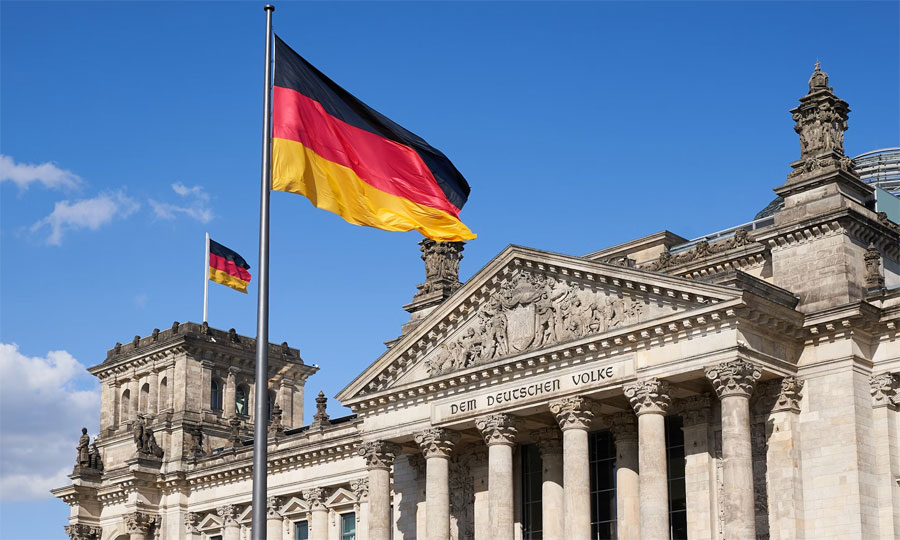Recognized globally for its engineering prowess, Germany’s rise to prominence came much after the first and second world war. Both of the war periods inflicted massive damage on the country’s infrastructure and economy, and it was not until the later half of the 2000s that the country enjoyed exponential growth. And that was only possible due to its robust manufacturing and exports.
As of today, Germany has the largest national economy among all the European countries and exhibits the fourth-largest GDP (Gross Domestic Product) in the world. Most of the nation’s economy depends on the services sector, followed by the industrial and agricultural units. Germany is also one of the largest exporters on the planet, only trailing countries such as China and the United States. So, if you are planning to get a taste of the German tradition and want to visit the country’s beautiful surroundings, then obtaining a visa is a must. And if you have already applied for one, then our straightforward guide can help you know its current status swiftly.
Steps to Check Visa Status
According to German visa authorities, there are two primary types of visas that are issued by the German missions in India. The first one is the “Schengen Visa,” where individuals will have the permission to stay for a short while in the country (also termed C visas). Schengen visas have a maximum validity of 90 days.
On the other hand, if you want to stay in Germany for more than 90 days, then you have to opt for a German “National Visa”. These are long-term visas and are also classified as D visas. Presently, the German visa authorities have established a third-party service provider, known as VFS Global, for handling the visa application process in India.
Applicants are required to apply for German visas via VFS Global’s official website, where users have to first complete the application process online and then book an appointment at one of VFS Global’s visa application centers. Once that is completed successfully, the relevant visa can be collected personally for usage. If you have already completed the application and appointment process, then you can track your application through the recommended steps below.
![]()
- Begin your journey by heading over to the official website here.
- On the landing page, scroll down to the “Track Your Application” section. Click on “View More”.
- Proceed to click on the embedded link to track the status of your German visa application.
- You will be redirected to a new website where you will have to enter your application reference number and your last name. Once done, click on “Submit”.
- Your visa application status will be shown automatically on your screen.
How to Contact For Help
Since VFS Global handles the German visa application process first-handedly, it is ideal to get in touch with their customer care via phone at 022 67866013. You can also contact them via email at [email protected] (for Schengen visas) or [email protected] (for National visas).
You can also get in touch with the German embassy and consulates located in India here. Presently, the German Embassy can be found in New Delhi, while the consulate offices are located in Bengaluru, Mumbai, Chennai, and Kolkata.
Overview of the Visa Types

As previously mentioned, German visas are primarily of two types – Schengen and National visas. However, there are multiple sub-categories as well, which have been mentioned below in detail.
Individuals who are looking to attend business meetings or perform any other business-related activities (such as starting a business) in Germany need to opt for a business visa.
Prospective students who are looking to study in Germany or have already been admitted to a German educational institution are required to apply for a student visa.
Students planning to attend a specific language course in Germany before being fully admitted to a university will need to opt for this visa type.
Students looking to participate in an internship program for a company operating in Germany should opt for an internship visa. However, it should be known that the internship must last longer than 90 days to be eligible for this visa type.
International researchers and scholars planning to participate in a scientific event in Germany should opt for a researcher visa. However, keep in mind that applicants must also showcase the cooperation agreement that he/she received from the private or public research institution/university.
If you have a job offer/contract in Germany and are willing to join a public/private organization for paid work, then you need to apply for an employment or work visa. Additionally, you will be eligible to apply for a Blue Card EU if your job offer pays you more than 58,400 euros before taxes every year.
Whether for academic or non-academic purposes, a job seeker visa will allow you to stay in Germany for up to six months so that you can enjoy enough time to find a job that corresponds to your academic/non-academic qualifications.
For applicants looking to visit Germany for healthcare, a medical treatment visa is required.

